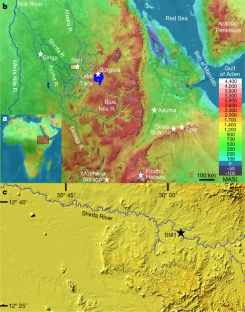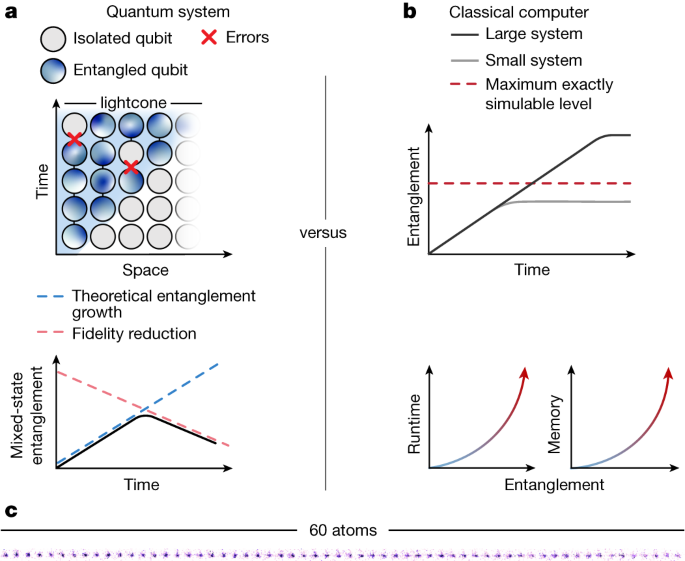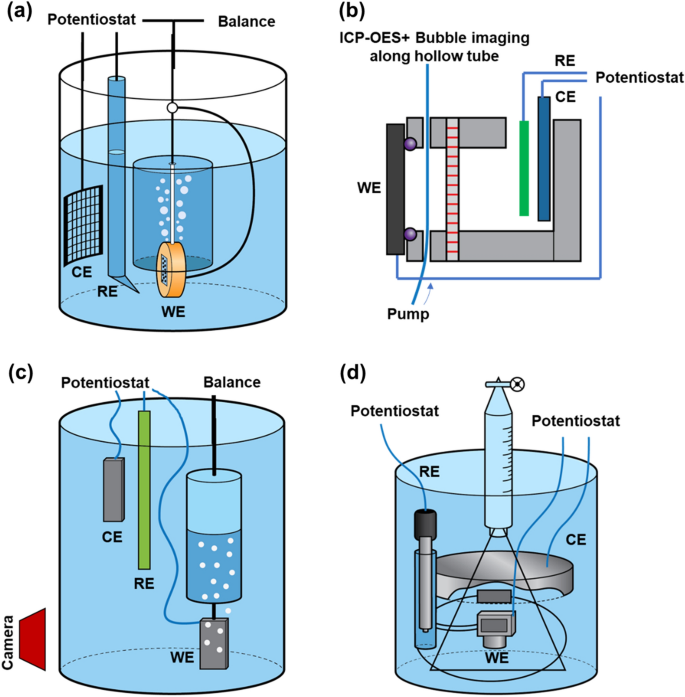2024-03-20 テキサス大学オースチン校(UT Austin)
<関連情報>
- https://news.utexas.edu/2024/03/20/surviving-a-volcanic-supereruption-may-have-facilitated-human-dispersal-out-of-africa/
- https://www.nature.com/articles/s41586-024-07208
トバ超巨大噴火時のアフリカの角における適応的採食行動 Adaptive foraging behaviours in the Horn of Africa during Toba supereruption
John Kappelman,Lawrence C. Todd,Christopher A. Davis,Thure E. Cerling,Mulugeta Feseha,Abebe Getahun,Racheal Johnsen,Marvin Kay,Gary A. Kocurek,Brett A. Nachman,Agazi Negash,Tewabe Negash,Kaedan O’Brien,Michael Pante,Minghua Ren,Eugene I. Smith,Neil J. Tabor,Dereje Tewabe,Hong Wang,Deming Yang,Solomon Yirga,Jordan W. Crowell,Matthew F. Fanuka,Teshager Habtie,… ,Sierra Yanny
Nature Published:20 March 2024
DOI:https://doi.org/10.1038/s41586-024-07208-3

Abstract
Although modern humans left Africa multiple times over 100,000 years ago, those broadly ancestral to non-Africans dispersed less than 100,000 years ago1. Most models hold that these events occurred through green corridors created during humid periods because arid intervals constrained population movements2. Here we report an archaeological site—Shinfa-Metema 1, in the lowlands of northwest Ethiopia, with Youngest Toba Tuff cryptotephra dated to around 74,000 years ago—that provides early and rare evidence of intensive riverine-based foraging aided by the likely adoption of the bow and arrow. The diet included a wide range of terrestrial and aquatic animals. Stable oxygen isotopes from fossil mammal teeth and ostrich eggshell show that the site was occupied during a period of high seasonal aridity. The unusual abundance of fish suggests that capture occurred in the ever smaller and shallower waterholes of a seasonal river during a long dry season, revealing flexible adaptations to challenging climatic conditions during the Middle Stone Age. Adaptive foraging along dry-season waterholes would have transformed seasonal rivers into ‘blue highway’ corridors, potentially facilitating an out-of-Africa dispersal and suggesting that the event was not restricted to times of humid climates. The behavioural flexibility required to survive seasonally arid conditions in general, and the apparent short-term effects of the Toba supereruption in particular were probably key to the most recent dispersal and subsequent worldwide expansion of modern humans.




